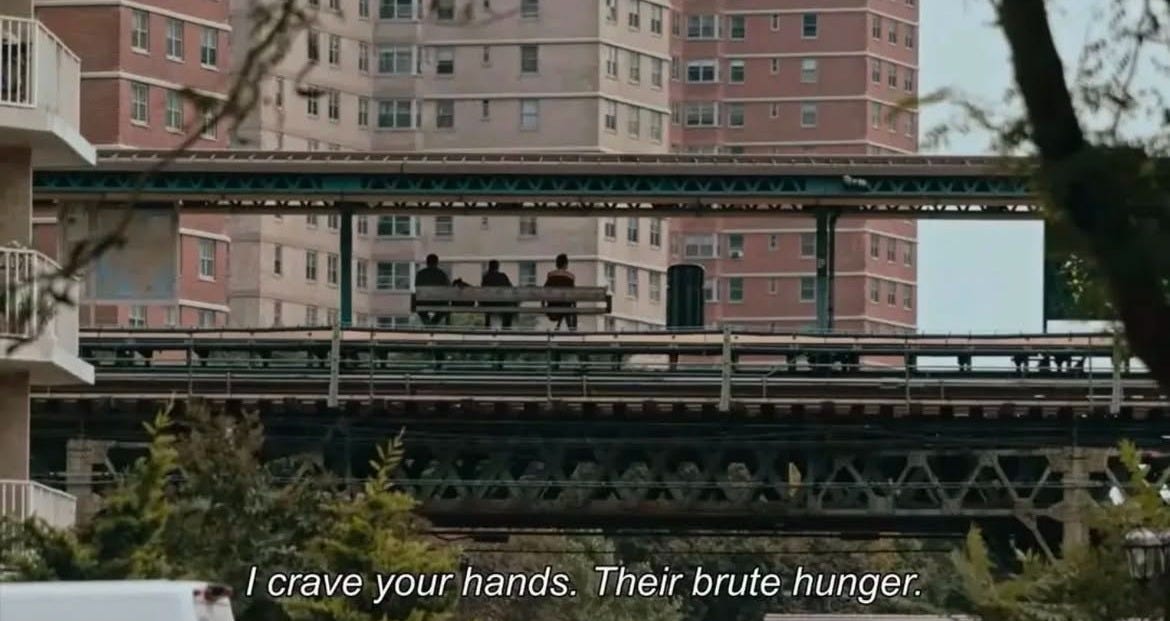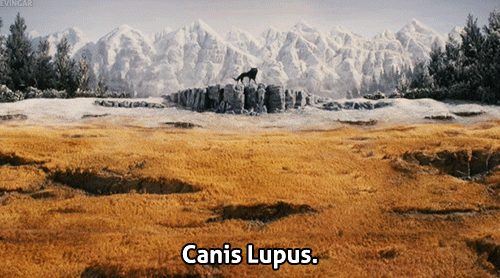Love is a thing you can taste
On Oakland's service industry, another year gone, and Wes Anderson's Fantastic Mr. Fox
First and foremost I need to thank food for saving me this year, and more specifically, the folks who work in Oakland’s service industry and my editor at East Bay Nosh.
This year was admittedly more bittersweet than I would have liked. I was gulping down spoonfuls of quiet elation and unbridled hope in the early months of 2024, but by late summer, grief and rage were taking turns burning hot on my tongue. My internal emotional terroir, I discovered, was riddled with landmines, many of which I’d planted there myself. Carefully unearthing and disengaging each one proved a necessary but laborious, Sisyphean task.
To make matters worse, any confidence I’d had in my ability to write for a living was waning. Sometime in March, I found myself in the unfortunate position of realizing that “the economy” wasn’t just a vague term thrown around by boring business execs—it actually affected me now, and the sparseness of opportunity in my field had me feeling like a cornered animal.
This changed when I began reporting for Nosh, the Oaklandside’s food and drink vertical.
The gig started small, with only a few assignments trickling in here and there. I wrote about an oyster & wine pop-up in May and about Oakland’s newest martini bar soon thereafter. As the assignments kept coming, I’d do exciting things like wake up at 5 a.m. to report in a bakery or curate a hand-selected list of the best places to dine solo. Later this fall, I become responsible for reporting the weekly restaurant openings and closings column, which provided me with dependable work and a renewed sense of purpose.
But beyond rejuvenating my career, reporting on the restaurant scene saved me in a softer, unexpected way: it exposed me to love in my lowest moments.
The more I wrote, the more obvious it became to me that this industry is sustained by one the fiercest loves I’ve ever been around. Love of the game, of course—nobody would open a bar or restaurant in Oakland unless possessed by fiery, untempered passion—but it’s much more than that. This entire industry is propelled by the love of a few very dedicated people who are unafraid of pouring their blood, sweat, and tears into something they care immensely about. It’s built on the love of creating warm community spaces and fat washing gin, of feeding people with California’s bounty, of redefining what great wine should taste like entirely. It’s the love of treating folks to a meal that makes them miss home and their mothers. The kind of love that never asks you to shut up or leave, even long after closing time.
This kind of love was new to me, and the more I bit into it, the hungrier I became.
Almost ironically, some of my earliest experiences with food were rooted in shame, the antithesis of love. My lunches often made me the subject of ridicule in elementary school (being vegetarian in the early 2000s was profoundly uncool to say the least); I have at least one memory of hiding in a bathroom stall to eat instead of face the kids in the cafeteria. In college, I fluctuated between periods of starvation and binge eating, unable to believe that food could be a source of anything other than anxiety.
But suddenly immersed in the kitchens of Oakland’s restaurant scene, I saw what positive, loving relationships to food—and the community built around it— could look like. Every owner I spoke to this year welcomed me to their tables as though I were a very old friend. They never hesitated to share their triumphs alongside their struggles, sometimes through tears.
Food, and the act of writing about it, forced me to open all my senses and pay attention—a small, often-overlooked act of love, one that begets better understanding and deeper appreciation. It gradually rekindled my love for writing, my belief in my career’s viability and validity. It also helped bring me closer to the people I care for.

One of my best friends is indisputably a gourmand; suddenly, I could share his enthusiasm for finding the city’s best panna cotta or wondering why San Francisco became obsessed with uni toast overnight. I’m in love with someone who loves to cook, and who does it profoundly well. I would have shied away from trying to share this interest in the past. Now, I watch the movement of his hands as they wash rice and chop herbs with quiet reverence. The meals we shared over the year became somehow sacred, an invaluable component of our personal history.
When I find myself floating through my kitchen alone on a Monday night, parsing through long, green stalks of leeks and purple cauliflower heads and pork chops and hot chili oil, I like to think I am also driven by a love for the land that blessed me with this kind of abundance, for the people who worked to bring it here. The shame and fear food used to impart on me have all but disappeared.
I recently watched Wes Anderson’s film adaptation of the Roald Dahl classic Fantastic Mr. Fox. If you’re unfamiliar with the story, it’s about a fox who tries—imperfectly at best—to keep his family fed by stealing geese from a gang of vengeful farmers. Mr. Fox’s audacious efforts place significant strain on his family and marriage: faith and compatibility are questioned, lives are upended, and Mr. Fox’s tail is shot clean off. Eventually, the farmers rip out the foxes’ tree home entirely. Still, the foxes never give up the fight.
In spite of all this (or perhaps because of it), this wiry-haired vulpes vulpes strikes me as an unbelievably human representation of what love really is. It is a gritty battle for an unknown outcome, a humble admission that perfection doesn’t exist, perhaps also a delusion of the highest order. At its heart, love is the carnal desire to satiate and be satisfied, even if the world is crumbling around you. It is a warm bowl of pasta placed in front of you by someone who wants to hear about your day. Love is a thing you can taste.
Their home destroyed, Mr. Fox brings his family and friends to ransack the local grocery store in the film’s final scene. Of course Mr. Fox didn’t expect to be licking canned meat off the linoleum tiles at the start of the movie, but his final monologue is tinged with a familiar undercurrent of reluctant optimism:
“They say our tree may never grow back, but one day, something will. Yes, these crackles are made of synthetic goose and these giblets come from artificial squab and even these apples look fake—but at least they've got stars on them. I guess my point is, we'll eat tonight, and we'll eat together.”
It’s been a difficult 12 months, marked by a chaotic struggle to keep the metaphorical meal of a hard-earned love on the table. I know Oakland business owners have suffered their fair share, too, and so have my fellow creatives who are unsure about what 2025 might bring.
I won’t pretend to know what will happen in the future. But at the very least, I know to be thankful for what I have, even if it’s utterly, beautifully imperfect. Most importantly, I’m grateful for the opportunities I’ve had to eat (and write) this year, whether in community, in partnership, in friendship, or in blissful solitude.
Thank you for being here, and I’ll see you in 2025.







